Results
-
 £42.95
£42.95SPECIAL PLACE, A (Brass Band) - Richards, Goff
Duration 3:34 Recorded on Polyphonic QPRL222D And the Band Played On
Estimated dispatch 7-14 working days
Audio Player -
 £25.00
£25.00ST ANDREW'S VARIATIONS (Brass Band Extra Score) - Fernie, Alan
Brass Band Extra Score only. National Brass Band Championships of Great Britain Area Test Piece 2017 - Fourth Section. French Open Championships 2007. Contains:Theme - AndanteVariation 1 - Alla MarciaVariation 2 - GentlyVariation 3 - AdagiettoVariation 4 - Alla Marcia - sempre marcatoVariation 5 - AndantinoVariation 6 - Con Moto sempre rubatoVariation 7 - AllegrettoVariation 8 - Lento moderatoFinale - Allegro giocoso
Estimated dispatch 7-14 working days
-
 £55.00
£55.00ST ANDREW'S VARIATIONS (Brass Band Set - Score and Parts) - Fernie, Alan
Brass Band Set and Score. National Brass Band Championships of Great Britain Area Test Piece 2017 - Fourth Section. French Open Championships 2007. Contains:Theme - AndanteVariation 1 - Alla MarciaVariation 2 - GentlyVariation 3 - AdagiettoVariation 4 - Alla Marcia - sempre marcatoVariation 5 - AndantinoVariation 6 - Con Moto sempre rubatoVariation 7 - AllegrettoVariation 8 - Lento moderatoFinale - Allegro giocoso
Estimated dispatch 7-14 working days
-
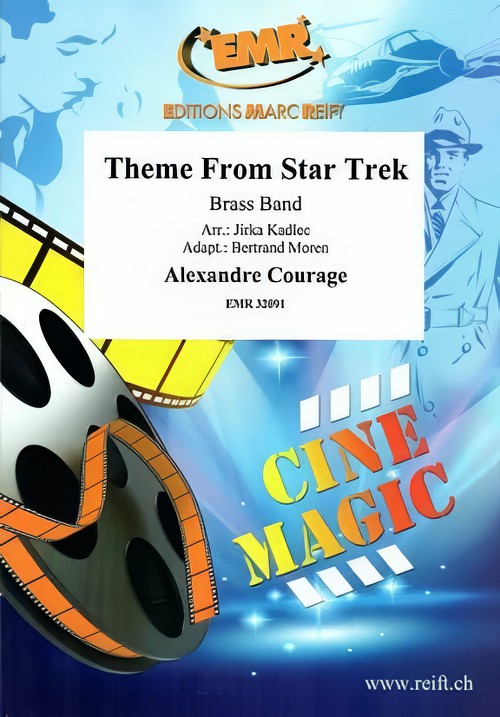 £115.00
£115.00Star Trek, Theme from (Brass Band - Score and Parts) - Courage, Alexander - Kadlec & Moren
Duration: 3.00
Estimated dispatch 7-14 working days
-
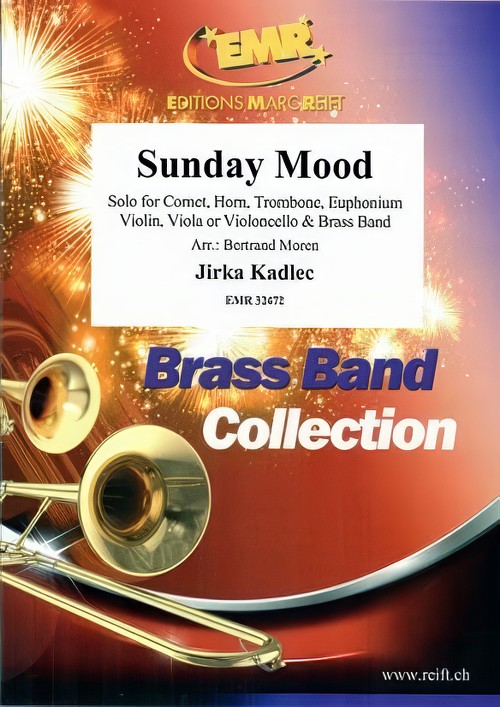 £95.00
£95.00Sunday Mood (Flexible Solo with Brass Band - Score and Parts) - Kadlec, Jirka - Moren, Bertrand
Solo for Cornet, Eb Horn, Trombone, Euphonium, Violin, Viola or VioloncelloDuration: 3.00
Estimated dispatch 7-14 working days
-
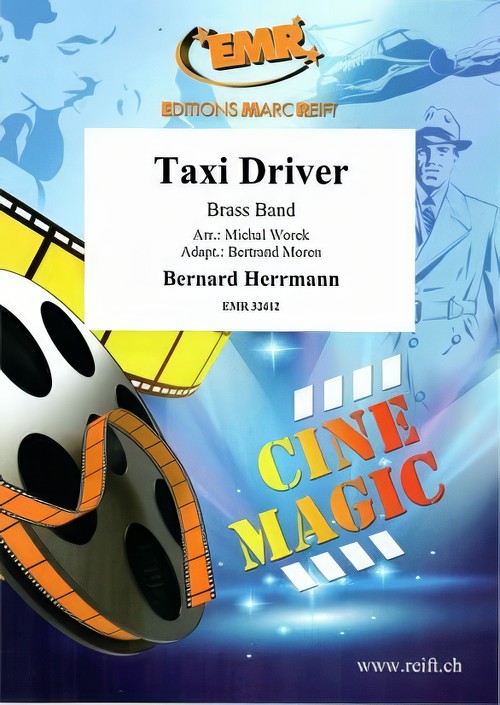 £85.00
£85.00Taxi Driver (Brass Band - Score and Parts) - Herrmann, Bernard - Moren & Worek
Duration: 3.15
Estimated dispatch 7-14 working days
-
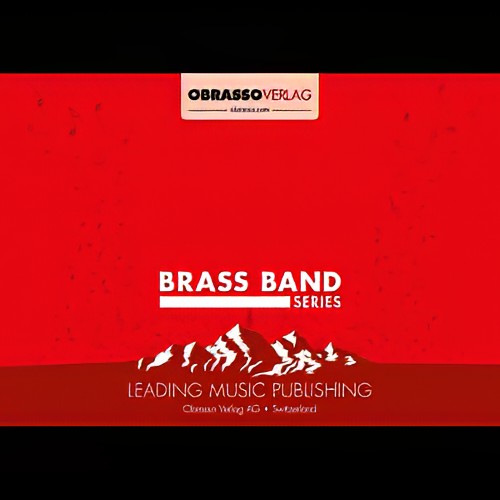 £50.90
£50.90Tete a Tete (Cornet and Euphonium Duet with Brass Band - Score and Parts) - Newsome, Roy
Duration: 3.30
Estimated dispatch 7-14 working days
Audio Player -
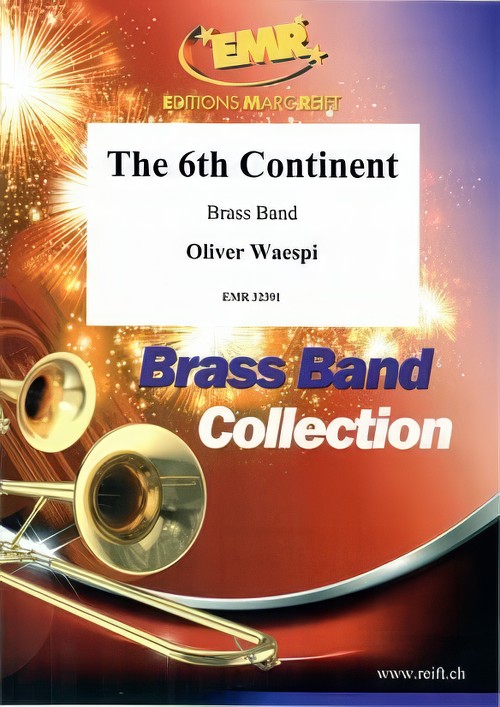 £75.00
£75.00The 6th Continent (Brass Band - Score and Parts) - Waespi, Oliver
Duration: 3.30
Estimated dispatch 7-14 working days
-
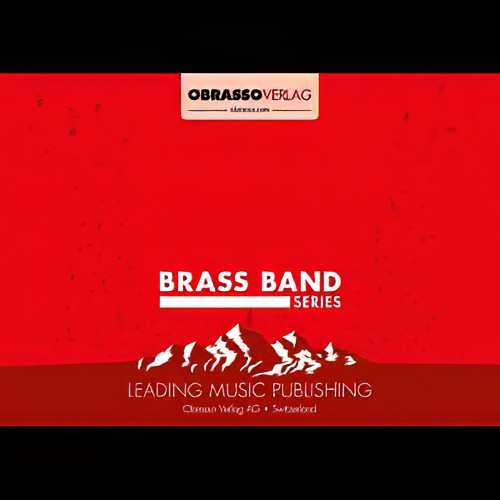 £54.20
£54.20The Attack of the Killer Trombones (Trombone Trio with Brass Band - Score and Parts) - Fernie, Alan
Duration: 3:30
Estimated dispatch 7-14 working days
Audio Player -
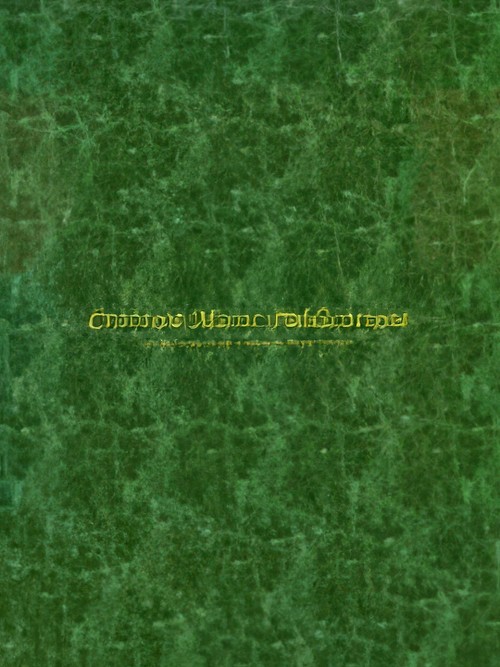 £57.50
£57.50The Bass Boys (Bass Quartet with Brass Band - Score and Parts) - Wilson, Brian - Duncan, Andrew
Quartet for Tubas based on Good Vibrations.Duration: 3:00
Estimated dispatch 7-14 working days
